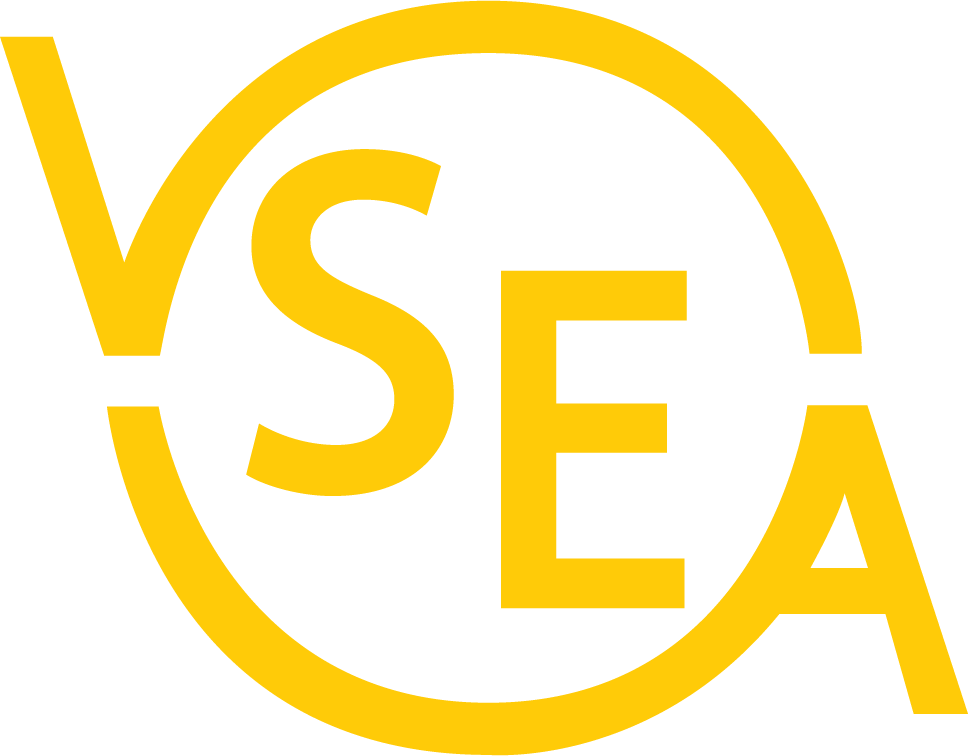Published October 2015
So when the economy produces widespread injustice, it is because we have set in motion the forces creating that injustice. The inequality occurring because the economy is directing the benefits of economic growth to the richest Americans is not the luck of the draw or an act of nature. It is a consequence that we have produced.
Is it proper to apply ideas of morality to these economic processes — to suggest that a particular outcome is unjust? Should we not just pat the rich man on the back and congratulate him? Or do we have a responsibility as citizens to secure a decent future (and a decent present) for the great majority of Americans? If the piling up of wealth in the hands of a few means that the schools of the many are substandard, are we really supposed to do nothing about it?
The Public Assets Institute has been focused on Vermont’s budget process and the ongoing gap between projected revenues and the needs of the state. It has been promoting what is called a current services budgeting process, which looks at the needs of Vermonters first and then determines how to meet those needs. The Legislature even passed a law, since ignored, requiring that process.
Thus, if lawmakers using current services budgeting determined the crisis of drug addiction demanded a doubling of treatment options, that is the benchmark they would begin with. At present they look at what is being spent and then search for money to meet that commitment, or, depending on revenues available, either pare back or augment the spending. The result of the present process is that they are always short of money and needs are seldom met.
In hard-nosed political terms, this debate is about power. Raising revenues has its own implications for justice; ever higher taxes may create their own injustice. And in raw political terms, some people don’t want to pay higher taxes, no matter what.
But a full understanding of what is just cannot be achieved without a full understanding of the struggles of Vermonters. Protecting the tax privileges of the wealthy should not be the priority that determines the state budget.
Those advocating for a moral economy want us first to look at the reality of life in Vermont — the struggles of working mothers, the scourge of drug addiction, the needs of young people and the jobless for education and training, the condition of infrastructure and the environment — and to enter those needs into the equation first. The wealth of the wealthy is not an endless source of revenue, and the debate about state budgeting must find a balance between what is needed and what can justly be levied against the state’s taxpayers. But that balance can never be achieved if we don’t first look squarely at the real needs of Vermonters. That is where morality enters in.
Stay Up To Date!

